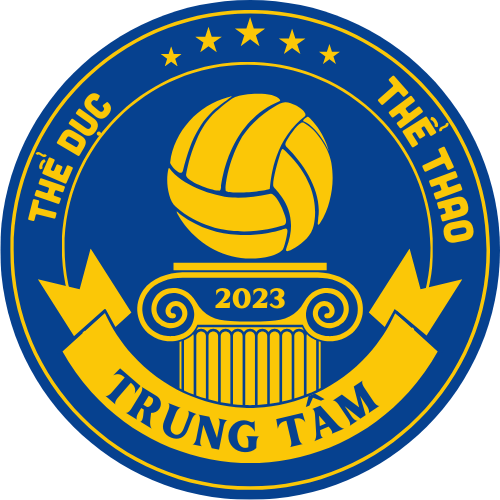Internet lawyers concentrate on addressing the complex legal landscape of online operations, spanning privacy laws, intellectual property rights, and multijurisdictional conformity. Their specialized knowledge connects the divide between established legal norms and the distinct difficulties arising from the transnational character of the online world[1][4][5]. https://internetlawyers.net/
## Core Responsibilities of Online Legal Advisors
### Confidentiality and Information Protection
Internet lawyers ensure compliance with international standards like the General Data Protection Regulation and California Consumer Privacy Act, especially for businesses handling user data across multiple jurisdictions[1][5]. Recent cases include counseling SaaS providers on data breach protocols and international information sharing[3][14].
### IP Rights Enforcement
Critical functions encompass resolving domain disputes, combating counterfeit goods on e-commerce platforms, and addressing copyright infringement in user-generated content[5][10][16]. For example, law firms like Panakos Law regularly initiate domain name hijackers under the ACPA[7][12].
### Regulatory Compliance and Risk Mitigation
Attorneys prepare user agreements, privacy policies, and artificial intelligence compliance structures to limit accountability[3][8]. With 96% of UK firms adopting AI tools, internet lawyers now review AI systems for fairness assurance and responsible implementation[6][8].
## Digital Tool Adoption in Contemporary Legal Work
### AI-Powered Legal Tools
Platforms like Casetext employ natural language processing to review legal documents 80% faster than traditional approaches, identifying contractual inconsistencies and potential liabilities[3][8]. Forecast modeling systems evaluate case law precedents to estimate success probabilities with high precision[6][11].
### Distributed Ledger Solutions
Innovative uses include automated contracts for online IP protection and non-fungible token validation[8][11]. Practices including Syverson Law lead in tokenized asset litigation, establishing benchmarks for virtual currency laws[9][14].
## Global Jurisdictional Challenges
### Conflicting Regulations
Companies operating in multiple nations face contradictory mandates, such as EU’s “right to be forgotten” versus US free speech protections[1][10]. Current judgments in New York tribunals highlight the invalidity of jurisdiction-limiting clauses in online terms of service[4][9].
### International Dispute Tactics
Effective approaches involve forum shopping and leveraging international treaties like the Budapest Convention[16][18]. The Internet Law Group regularly files claims in ICANN-approved arbitration centers to recover domains within two months[7][12].
## Ethical Considerations in Digital Law Practice
### AI Accountability Frameworks
Leading firms adopt prejudice identification systems and transparency protocols to maintain public trust in AI-assisted judgments[6][8]. For example, Clio’s Legal Trends Report recommend external reviews for all predictive justice tools[6][11].
### Data Sovereignty Debates
Current disputes focus on government access demands versus corporate privacy commitments. The 2025 Schrems III decision requires American companies to localize European user data, intensifying cloud storage practices[3][14].
## Prospective Developments for Internet Law
### DAO Governance Models
Anticipated regulations will tackle algorithmic agreement responsibilities and NFT ownership rights, demanding novel compliance strategies from blockchain-based businesses[8][11]. Firms like Adlex Solicitors currently offer token sale guidance across 15 jurisdictions[18][16].
### Quantum Computing Preparedness
Upcoming challenges include quantum-resistant encryption and AI-generated deepfake litigation. Pioneering attorneys work with MIT researchers to create deepfake identification systems for legal evidence validation[8][11].
